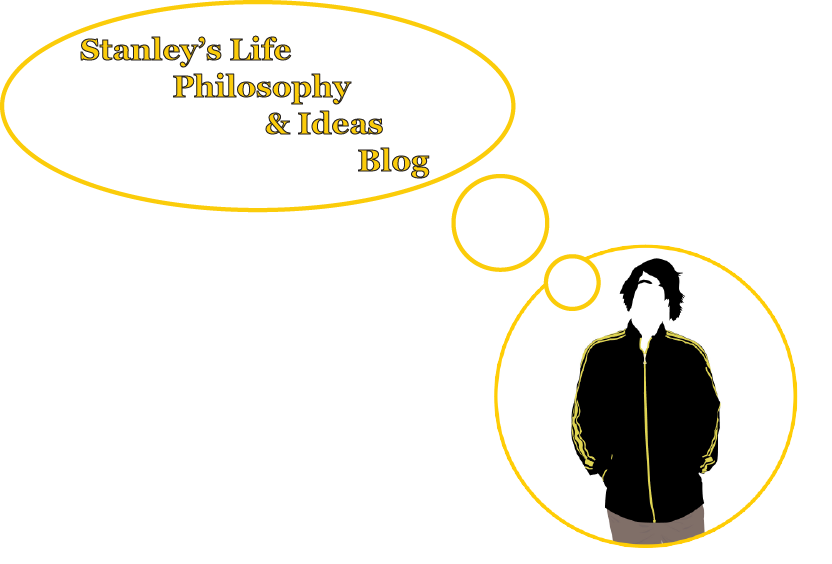Imagine minding your own business when a random black pickup truck blasts out in front of you. You pass them by and they look at you but not with the usual angry it's-always-your-fault face but a gesture of saying sorry. In Japan they blink their hazard lights as a method of showing gratitude or apology, therefore why not have a light on cars that officially stands for this action. Why not have car manufacturers install "thank you" or "I'm sorry" lights on a car. Could this be a useful method to create or improve western traffic etiquette. Perhaps this can be a fun bonus feature on cars or an after market product. The lights itself doesn't have to have a thank you text or I'm sorry text. Perhaps it could be a "like" thumbs up shaped light and the sorry light can be a peace shaped light. Perhaps simple ideas such as these can be worth experimenting with to improve one's driving experience.
Taking it a step forward, why not have a digital display banner behind one's car. Where one can add custom scrolling texts or a push a button to say sorry, thank you, or a stated intention. Perhaps this can make life on the road more immersive, interesting, and meaningful. I think it allows for a layer to communicate with other drivers. The negative side to this, as far as I can see is advertising, distraction, and people inputting custom texts that are irresponsible or irrational. Regardless of the negatives, I think it's still worth experimenting.


